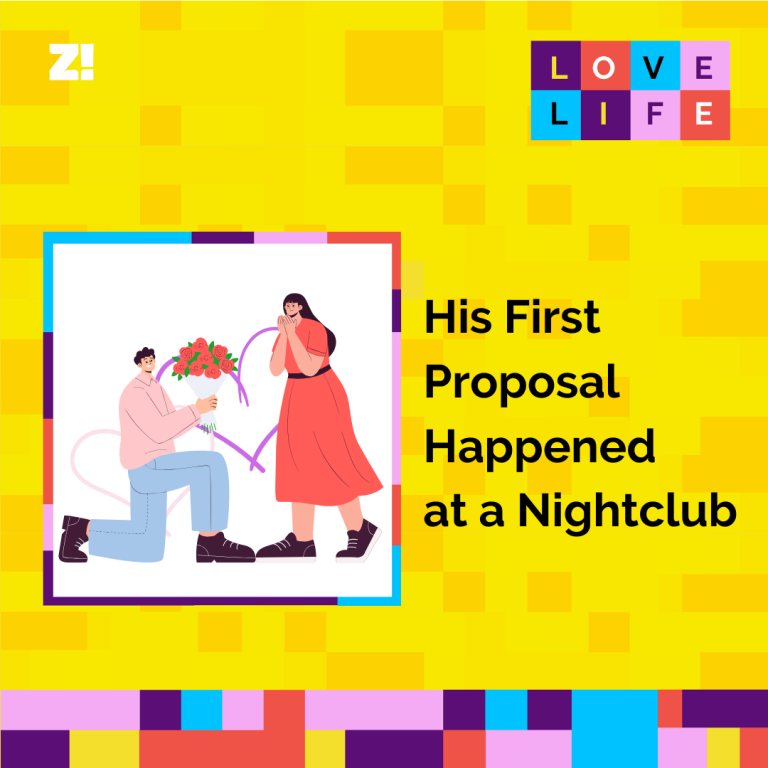Beyond the health challenges that come with PCOS, the condition can take a toll on women’s professional lives.
From a student with dreams of working in a bank who’s now leaning towards remote work to a woman who had to leave her well-paying job, these Nigerian women open up about how PCOS has impacted their careers.

Image by Freepik
Fareedah*
I have the kindest boss who doesn’t make me feel inadequate for needing time off whenever my period starts. But it’s frustrating to miss out on opportunities just because it’s that time of the month. I always try to compensate by working extra hard when I return, but that also means losing time I could’ve spent with family or on personal projects. Life would be so much easier if I didn’t have to deal with PCOS.
Bisi*
I run my own catering business, so I can take time off whenever needed. But dealing with PCOS has its challenges. I’ve struggled with being overweight for a while, and people love to make backhanded comments about how my weight must be due to the nature of my business. That’s far from the truth. I’ve been on a strict diet even before my diagnosis. Over time, those comments affected my confidence, and I started turning down public events. Now, I’m always self-conscious about how I look in public, and it’s taken a lot of effort to work on my mindset.
Joy*
In 2021, I left my well-paying job in banking, but only my family knew why. I didn’t want to share my PCOS diagnosis with my bosses because I was scared they’d label me unfit to work. I’d seen it happen to others and didn’t want to be passed over for promotions. But not opening up was a mistake. My mood swings and aggression during painful periods were misunderstood, and I became the person everyone thought was difficult to work with. I was only lashing out because I was in pain.
Ibukun*
NYSC taught me I couldn’t do a 9-5 job with PCOS. I worked at an e-commerce company in Ikeja, and we only got one day off per month. If you took more, it got deducted from your salary, or you’d get a query. The first time I asked for sick leave due to period pain, my boss looked at me like I was crazy. He even suggested I plan my day off around my period. I was too stunned to respond. That experience made me realise I didn’t want to depend on anyone regarding something as basic as resting when I was sick. Now, I run my own business and take all the time I need when my period hits.
Ife*
I had a female boss who knew about my PCOS but didn’t care. She’d make comments like, “You’re not the only one menstruating, so why should you get special treatment?” Once, I asked to work from home because I wasn’t feeling well, but she insisted I come to the office for an important meeting. I made it to work, but the pain got so bad that I started rolling on the floor, screaming. She still thought I was faking it until one of the clients suggested taking me to the hospital. The next morning, she texted me asking about work—not even a word about how I was feeling. That was the last straw for me. I quit, and although it hurt because I needed the money, I had to choose my peace of mind.
Abibat*
I’ve always dreamed of working in one of the new-generation banks, but the stories I’ve heard about how difficult it is to take time off keep making me rethink it. I was diagnosed with PCOS in 2022, but even before then, I’d always had intense period cramps. I’ve lost count of how many times I’ve missed classes or tests because of my period. It scares me to think about the choices I’ll have to make when I start working. I already know I’ll lean towards remote work—not because it’s what I want, but because it’s what I’ll need to do to manage my health.
Are you looking for more information about PCOS? Famasi Africa has worked on a resource, and it’s full of practical tips and essentials for Nigerian women navigating PCOS. Find it here.
Read this next: 5 Nigerian Women on Getting Diagnosed with PCOS After Doctors Ignored Their Symptoms




